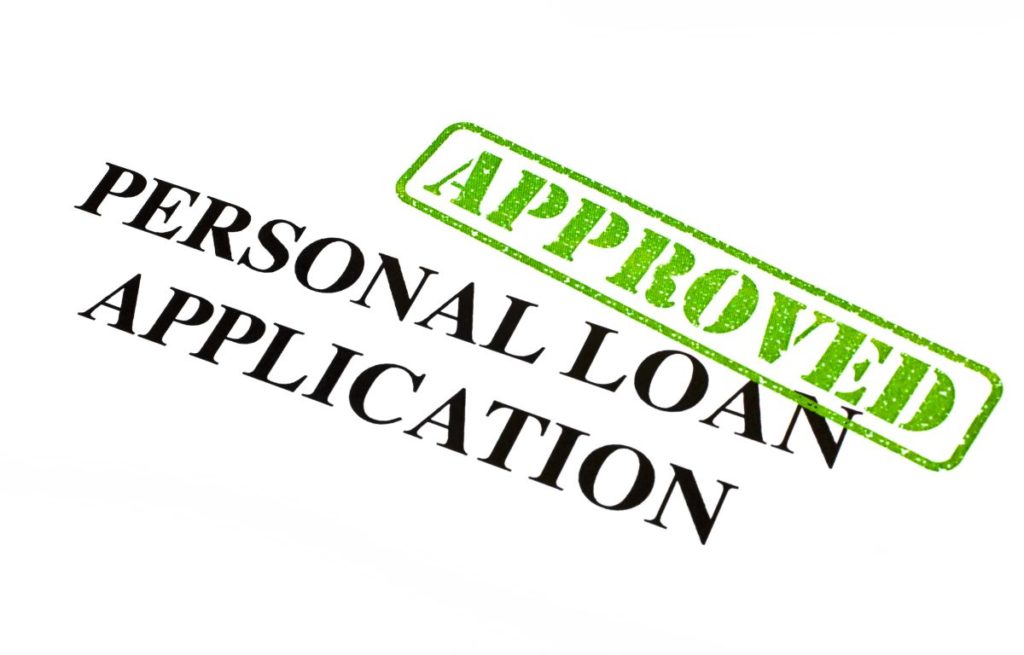After months of economic hardships and trials, 2020 has finally come to an eventual end. Internationally, the COVID-19 pandemic has ushered in a new “era” as business organizations and sectors for multiple governments around the world have been to adapt through drastic measures and changes. “Essential” industries that would rely on face-to-face communication and interaction are forced to abide by social distancing guidelines and other safety measures to ensure that employees are safe while keeping much of the operations going.
But even though many of these companies that rely on foot traffic are still functional, the pandemic has created problems with demand, which has resulted in a plummet in engagements and leads. This has created a cascade of economic problems in the past few months. Even multi-billion dollar industries and corporations have reportedly lost billions of dollars in revenue from the effects of the pandemic.
That said, numerous industries and businesses have been struggling to increase sales and revenue. Most organizations have to make cuts in their monthly expenditure by cutting down on the workforce and employees.
But what’s one way of getting a momentary boost in financial needs in times of the pandemic? Loans and benefits are known for helping ordinary individuals, and much of the economy is having a fighting chance against the economic recession. However, going into debt can sometimes be a double-edged sword. But in uncertain times, loans and government aid through benefits are necessities that individuals will need to consider. On another side of the coin, agencies that hand out loans will need to be extra careful when approving loans.
Since last year, industries have been creating contingency plans and strategies in adapting to their current debt while also staying operational during the pandemic. But both from a private and public standpoint, how will loan agencies adapt to the pandemic? Will there be stricter guidelines? Here’s what you’ll need to know.
Communication and Contextual Understanding
First and foremost, information campaigns and educating loan agencies should be a top priority. Given sudden changes in the economic, financial, and economic climate last year, loan agencies and debt collectors will need to revamp how they will operate to retain a good chunk of consumers, even before they start paying.
Having two-way communication between both the lender and the consumer can help develop lasting relationships. This is especially important when it comes to debt collection since both parties will need to have a better understanding of the context behind the loans and other relevant conversations. Contrary to the common practice of debt agencies in increasing their frequency of communicating with consumers, the best way of retaining these consumers is timing the conversation.
Timing is even more important when consumers during the pandemic and economic recession will be in even more extreme financial stress. It’s best if loan agents will sympathize with these consumers to let them know that they are also at their side. After all, we’re all humans that are trying to put food on the table.
Now that confidence is surging among the general public that “normal” life will be back after a few months, most load agencies will be expecting a rise in payment activity, as compared to last year’s slow activity.

Outlining Better and More Flexible Options
Other industries will also need to keep in mind that the current economic and public health crisis will cascade towards other industries. In the heigh of the economic crisis and pandemic, consumers are actively looking for ways to pay their dues in a more flexible manner. For most loan agencies, this means that they will have to start adjusting payment schemes to align with the payment schedule of the individual applying for the loan.
Fortunately, there are even more flexible options that consumers can utilize. Much of the real estate industry has been offering even more flexible and hassle-free home loans for individuals that plan on having a comfortable home with flexible options. Although these could cause short-term liquidation efforts, this is necessary for ensuring that consumers will be able to pay their debts in a timely manner.
Loan agencies will need to make a variety of drastic changes to how they operate to ensure that their clients are not overburdened by loans and debt. Whether this is in the form of flexible options, loan extensions, or government aid, much of the industry has become even more flexible in the last few years.
It’s important to note that even though it’s already 2021, the pandemic is far from over. Although there’s a glimmer of hope with vaccines that could help with cases, we still have to work together to get the economy back up. While most organizations have accumulated a bit of debt throughout 2020, it’s still possible to pay them through grit and determination.



